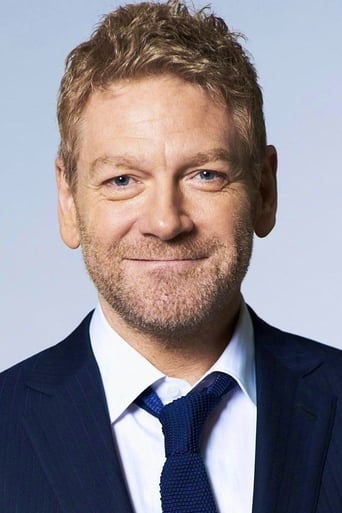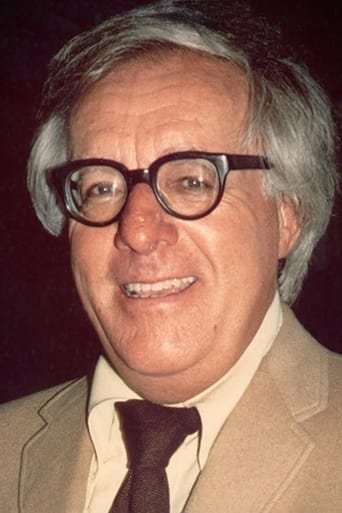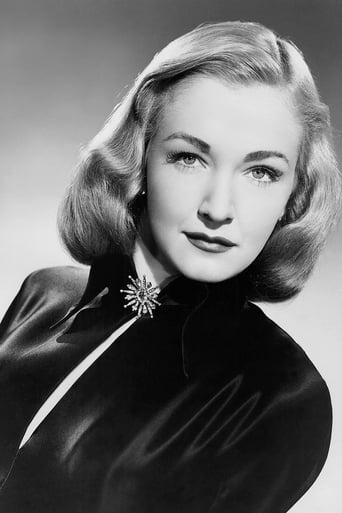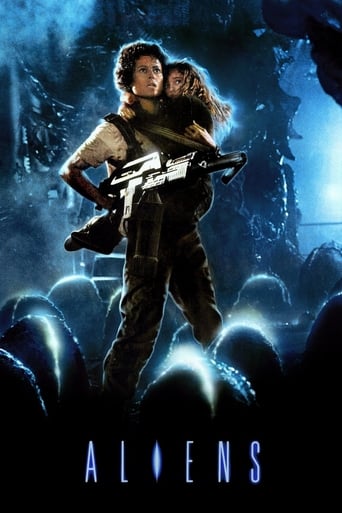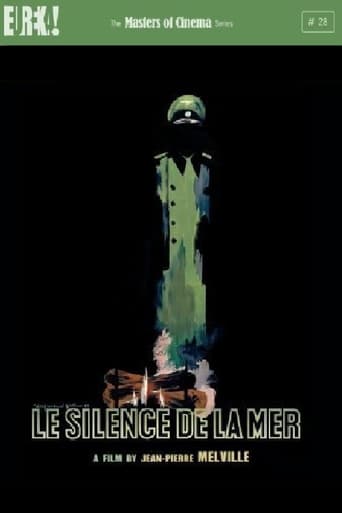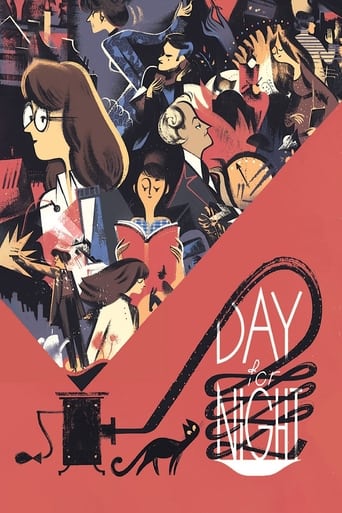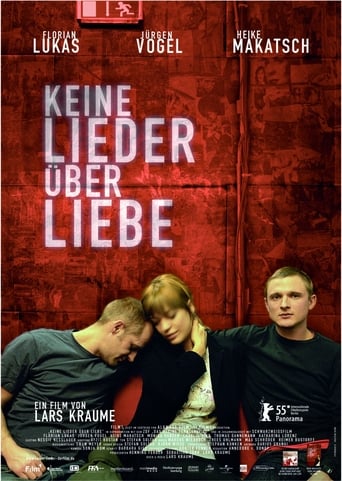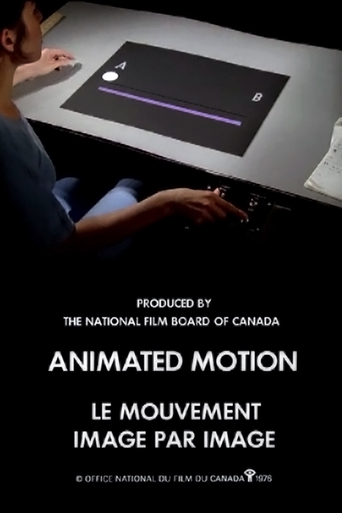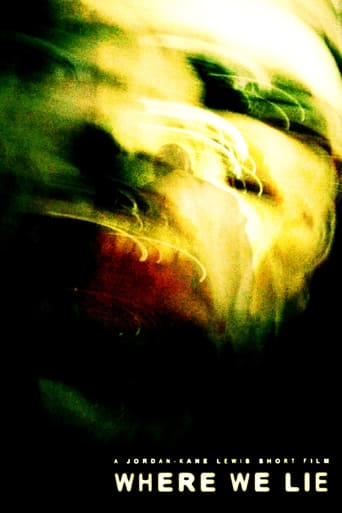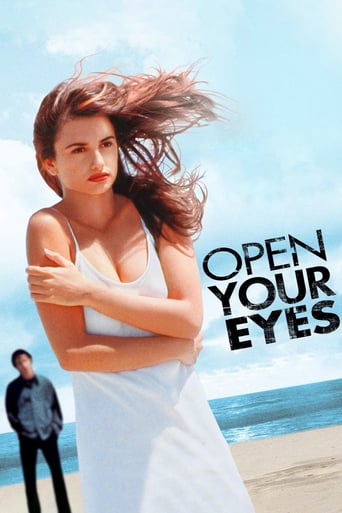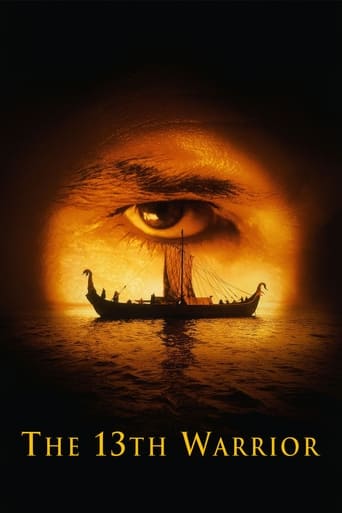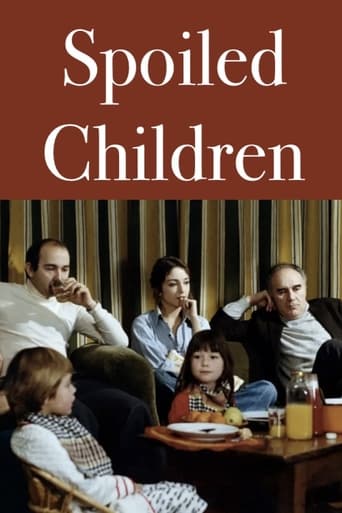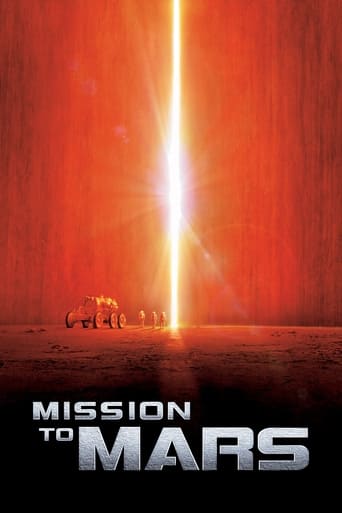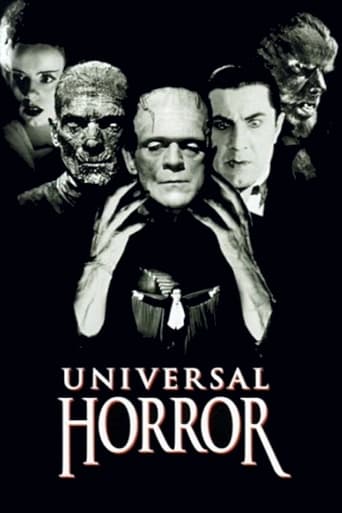
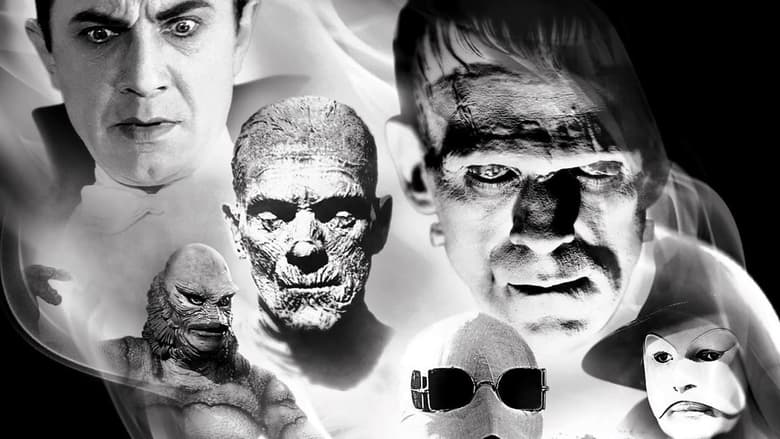
Universal Horror (1998)
A documentary about the era of classic monster movies that were made at Universal Studios during the 1930s and 1940s.
Watch Trailer
Cast


Similar titles
Reviews
Strong and Moving!
How sad is this?
Good story, Not enough for a whole film
At first rather annoying in its heavy emphasis on reenactments, this movie ultimately proves fascinating, simply because the complicated, highly dramatic tale it tells still almost defies belief.
This is a great documentary chronicling all of the major Universal Horror releases from the 1930s, plus all of the major actors and directors of the period. It's obviously made by people with a great love of the genre, and the affection shines through at every moment. The documentary consists of a number of people sharing anecdotes (it's surprising how many of the actresses - Gloria Stuart, Fay Wray, etc. are still alive) interspersed with loads of clips from the best bits of the films. About half of the stories I had heard already through general reading, but there are a wealth of lesser known snippets among them too.While the film clips highlight all the expected best bits from things like Dracula, FRANKENSTEIN, THE BRIDE OF FRANKENSTEIN, and THE WOLF MAN, there are also a number of lesser-seen moments too. For example we get to see test footage of a green Frankenstein monster, plus many clips from a lot of rare silent films starring Lon Chaney from the 1920s which are great to watch. Other, less talked-about films are discussed like THE BLACK CAT and THE RAVEN. Author David J. Skal pops up to talk about his love of the films, along with actor James Karen, author Ray Bradbury, Sara Karloff, Forrest J. Ackerman, and scriptwriter Curt Siodmak. UNIVERSAL HORROR is a reverential documentary which has been put together nicely, never outstays its welcome, and really makes you appreciate all those old horror films.
A pretty good documentary on Universal's first wave of horror films from 1931 to 1939. It starts off with silent horror films which inspired the studio and filmmakers and gets into detail about Universal films like "Dracula" (the English AND Spanish versions), "Frankenstein", "The Mummy", "The Invisible Man", etc. etc. They have some great interviews with people who saw the movies in their original runs (the best are from Ray Bradbury and James Karen), clips from the films themselves, a VERY cool color home movie showing Karloff in his green makeup as Frankenstein and some non-Universal horror like "King Kong" and "Mystery of the Wax Museum". As a fan of old Universal films there was nothing new here but I was entertained. If you're a newcomer to those old films this is a good place to start.
I acquired this via an imperfect VHS copy culled from a U.K. TV screening (which was followed, as per the closing announcement, by one of the very films it dealt with i.e. James Whale's sublime THE OLD DARK HOUSE {1932}), rather than any of the "Anniversary Edition" DVDs on which it has been featured (since I never got around to upgrading them)! Given his reputation as a film restorer, Brownlow is well-known for his love of Silent cinema, so it is somewhat surprising to find him involved in this valediction to the Golden Age of Horror (which it is, since he does not exclusively treat the Universal Studios product) though, not that a considerable amount of time is devoted to the genre efforts which emanated from that pre-Talkie era.Therein, however, lies the documentary's chief problem: while I loved the fact that such masterpieces as Paul Leni's Silent THE MAN WHO LAUGHS (1928) and Michael Curtiz's Warners-produced MYSTERY OF THE WAX MUSEUM (1933) were discussed in some detail (more predictably, we also get Paramount's magnificent 1931 version of DR. JEKYLL AND MR. HYDE and RKO's no-less-startling KING KONG {1933}), this resulted in a number of Universal films being either not given their due or omitted entirely! The appraisal of the second phase of their heyday proves especially skimpy: considering that we would get various SE DVDs over the next few years of Dracula, FRANKENSTEIN (both 1931), THE MUMMY (1932), et al, where their histories are exhaustively illustrated, one would have liked this to delve deeper behind the scenes of some lesser but still classic stuff such as the atypical 'prestige' production TOWER OF London (1939), seen briefly in the opening credits and then never again, THE MUMMY'S HAND (1940), which is completely neglected, and the troubled FRANKENSTEIN MEETS THE WOLF MAN (1943), again, mentioned only in passing! Indeed, of the myriad sequels to the original Universal monster movies, unsurprisingly, the only two to receive the requisite attention (since they are among the very best the studio turned out) are the second and third Frankenstein outings (with some on-set clowning relating to the latter being intriguingly shown in color!), with the maligned-but-irresistible 'monster mashes' or their subsequent spoofing at the hands of comic duo Abbott & Costello hardly being addressed at all! That said, we do get to learn some new anecdotes (at least, speaking for myself) including the now-lost MGM effort London AFTER MIDNIGHT (1927), directed by Tod Browning and starring Lon Chaney, having apparently inspired a vicious murder and that, similarly, the Bela Lugosi/Boris Karloff vehicle THE RAVEN (1935) was singled out as being representative of the "degenerate" level to which Horror had sunk. Also, I had always wondered why Edgar G. Ulmer never worked again for the studio during this time after the first Karloff/Lugosi teaming in THE BLACK CAT (1934), which we are also told was among their most commercially successful ventures, and this was because the director fell in love with a woman who was married to the Laemmles, the family that ran Universal! Needless to say, the documentary is fascinating and makes for a thrilling catalog of some of the most memorable moments not only in horror but movie history, with interjections from several historians, buffs (who watched these pictures in their childhood when they first emerged), relatives of the people who made them and, in a handful of cases, among the very few remaining survivors from that era – actresses Lupita Tovar (Mina in the renowned alternate Spanish-language version of Dracula), Fay Wray, Gloria Stuart and screenwriter Curt Siodmak. However, as I said, I missed hearing about a good many titles (like, say, Universal's first stab at the "Wolf Man" myth in WEREWOLF OF London {1935}, the just-as-seminal 'mad doctor' flick THE INVISIBLE RAY {1936} – once more starring Karloff and Lugosi – but also strictly 'B' stuff such as the "Inner Sanctum" series or the unlikely "Jungle Woman" and "Creeper" franchises) that, in the long run, I feel one is better off reading a book on the subject if he is to get 'the full story'!
This is really one of the better horror movie compilation/documentaries out there. A big reason for that is because of it's subject: Universal Pictures. This is the studio that produced the definitive versions of such films as Dracula, The Invisible Man, Frankenstein, The Wolfman and on and on. This documentary is interesting as it traces influences on these movies. It brings out that facial disfigurement in the movies was perhaps a reflection of veterans of World War I coming home with injuries from war, the idea of evil in ordinary looking people who were truly monsters was a reflection of the normal looking men who were otherwise nazi monsters. Traces origins in movies of the most famous Universal characters, showing clips from silent movies and also tracing the careers of various directors and the Laemmles who were in charge of Universal. People who were in these movies are interviewed and also, as a treat for the horror fan, well known personages in the Horror fan community such as Forrest Ackerman and others are interviewed and they share their earliest memories of seeing Universal films. Recommended to the horror fan. If you are new to classic horror films of the 1920s through the 40s, this would be a great education and shows you the most important and influential films to track down.


